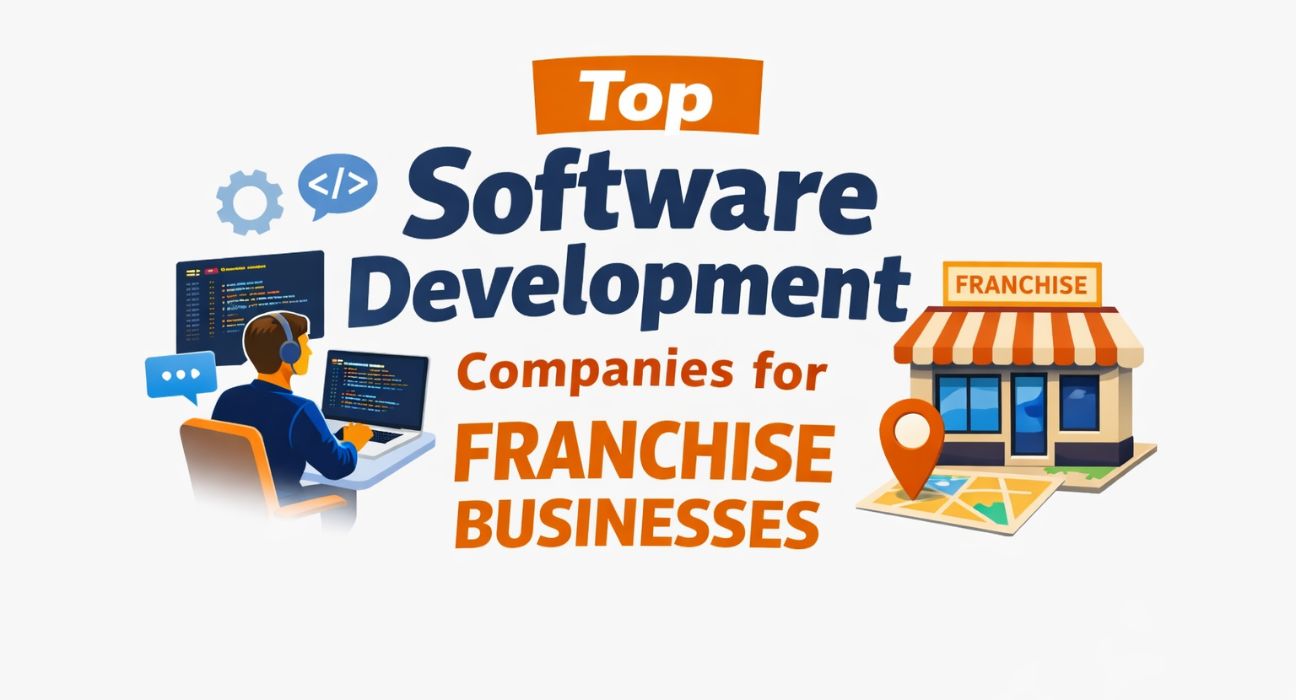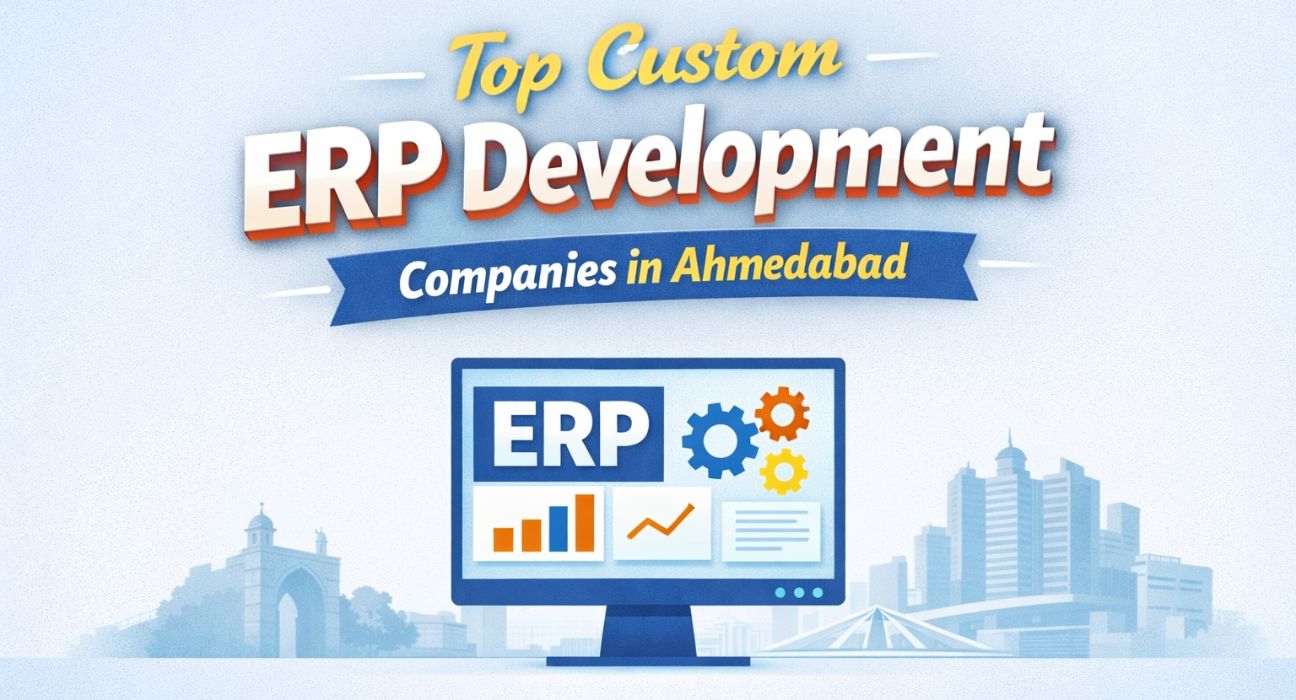Cloud Computing in Healthcare: Ultimate Guide

- Deval Patel

- Sep 19, 2025
Cloud computing is at the center of the digital revolution that is occurring in healthcare. The cloud is transforming the business models, operations, and collaboration of healthcare organizations and systems, contributing to the storage of large amounts of patient data, as well as to remote care and real-time remote care. However, numerous healthcare leaders are yet to understand what cloud computing really is to their business, how it functions, and how it can be effectively applied.
This is a detailed resource by Ouranos Technologies to find out all that you need to know about cloud computing in healthcare, such as types, advantages, issues, and real-life scenarios, as well as how Ouranos will aid your organization in moving to the cloud in a safe and smooth way.
What Is Cloud Computing in Healthcare?
Cloud computing is a term used to describe the provision of computing resources such as servers, storage, software, databases, and analytics outside the network (the cloud). Rather than having to maintain large on-site data centers, healthcare organizations are able to tap into computing services on demand offered by cloud providers at only a pay-as-you-use cost.
Importance of technology in the healthcare sector:
- Electronic Health Record (EHR) hosting: Hospitals can store and manage huge EHR systems on the cloud, which guarantees quick access to them and enhanced collaboration.
- Storage and backup of data: Patient imaging, lab reports, and massive amounts of data can be stored safely with ease of retrieval.
- Online medical systems: Cloud provides clear video consultations, appointments, and payment systems for distant care.
- Data analytics: Sophisticated analytics systems may integrate themselves using cloud computing to execute big data and precision medicine.
Healthcare Cloud Deployment Models.
In healthcare, three basic models of cloud deployments exist:
- Public Cloud: The services are placed in a shared platform that is controlled by third-party vendors (such as AWS or Azure). It is economical and scalable, and thus suitable for non-sensitive workloads or healthcare start-ups.
- Private Cloud: Infrastructure that is used by one particular organization. Better control, customization, and security that is ideal when dealing with sensitive patient information.
- Hybrid Cloud: This is a combination of the public and private clouds, which enables healthcare organizations to balance security and scalability. As an example, important patient information can stay on a personal cloud, and analytics tasks can be executed in a public cloud.
These models enable healthcare organizations to select their optimal combination of cost, security, and flexibility.
Cloud computing in healthcare has different types
Cloud computing is offered in three types of service models- each model is oriented to the various levels of control and responsibility.
Infrastructure as a Service (IaaS).
IaaS will provide on-demand services to basic IT capabilities such as virtual server, networking, and storage. There are possibilities to construct and operate their own applications and systems without buying the physical hardware in healthcare organizations.
One of the hospital chains is employing IaaS to provide archives of its imaging and radiology data. This provides them with a scalable storage and computing capability to support scans in high resolution and provide fast access to the clinicians. The other important Benefits include Scalability, cost control, and disaster recovery options.
Platform as a Service (PaaS)
PaaS offers a base to develop, test, and launch healthcare applications without controlling the infrastructure. It speeds up healthcare start-ups and IT development. One of the digital health startups develops a remote patient monitoring app over a PaaS platform. The platform offers inbuilt applications, APIs, and databases, which enable quicker development cycles without worrying about infrastructure. Major Benefits include Improved time to market, less complexity in operation, and improved innovation.
The software as a service (SaaS)
It has become one of the most popular models of cloud implementation in health care as it provides ready-made applications via the internet without requiring infrastructure maintenance. Cloud-based electronic health record (EHR) solutions, patient portals, telehealth solutions, and remote monitoring tools are SaaS solutions that enable healthcare providers to offer smooth care and minimize operational complexities. They are less expensive to start with, update on autopilot, and have the ability to enable the staff to access the necessary systems at any time and place, an aspect that greatly enhances efficiency in delivering care.
Advantages of Cloud Computing in Healthcare
The application of cloud computing has both transformational advantages that accrue to both large and small healthcare organizations. Greater data access and co-operation across the healthcare ecosystem is one of the most revolutionary advantages of cloud adoption. Having patient data stored safely on the cloud, doctors, nurses, and other specialists can view records and imaging files in real-time and regardless of their location, which makes it possible to make decisions more quickly and organize treatment plans more effectively.
It is particularly critical in the context of telemedicine, emergency care, and multi-specialty consultations, where the continuous exchange of data may have a direct positive effect on patient outcomes. Also, cloud infrastructure is associated with unprecedented cost-effectiveness and scalability as it lets a healthcare organization avoid significant initial investments into on-site data centers and instead pay only as much as they consume. They are able to ramp up computing power when it is most needed, such as in times of disease outbreaks or seasonal spikes, and then ramp down when it is not needed, eliminating variability and maximizing budgets.
Big data, artificial intelligence (AI), and machine learning (ML) in healthcare are also based on cloud technology. The sheer computing and storage capabilities of the cloud allow for an analysis of huge amounts of patient data, including clinical notes, genomic data, and the like, to provide actionable insights. This drives predictive analytics models, clinical decision support tools, and customized treatment plans.
Improved Data security and compliance
Leading cloud vendors adopt a superior level of cybersecurity, such as encrypted data, multi-factor authentication, and ongoing surveillance. In addition, they provide adherence to the healthcare regulations, including the HIPAA Health Insurance Portability and Accountability Act and the General Data Protection Regulation (GDPR). This assists healthcare organizations in securing sensitive patient data in addition to the legal requirements.
Business Continuity and Disaster Recovery
Cloud services have automated backup, failover, and recovery features that safeguard healthcare information in the event of a cyberattack, power failure, or natural disasters. This provides minimum downtime and continued care services to patients.
Examples of Cloud computing in healthcare
To understand how cloud computing is changing healthcare today, let us have a look at some of the real-life examples.
- As an example, numerous hospitals are currently implementing cloud-based EHRs, which allow real-time information exchange within the hospital departments and facilities and render data-driven collaboration seamless. On the same note, real-time monitoring of patients using IoT devices such as wearable sensors can send constant monitoring of the patient's vital signs into the cloud, where clinicians are able to monitor the patient, trigger alerts in case of abnormalities, and manipulate the treatment plans remotely.
Moreover, AI-based diagnostics on the clouds may quickly evaluate radiology images, reveal the primary symptoms of the disease, and even automate administrative processes, making clinicians save time and enhance diagnostic effectiveness.
- The current telehealth products are also based on cloud computing, providing video consultations, scheduling, and payments, along with patient data management.
- The COVID-19 pandemic has witnessed the fast development of cloud-based telemedicine solutions by many healthcare providers who aim to offer remote and safe care to patients, which even now remains a very popular method of consultation among many.
Healthcare Cloud Computing problems
As much as the cloud has a lot of benefits, there are also some major challenges linked to it when using it in healthcare.
Data Privacy and Compliance
The information about healthcare is highly sensitive. Violation of any of them can lead to legal consequences and a tarnished reputation. It is necessary to ensure end-to-end encryption, access controls, and regulatory compliance, which may be complicated to control with various cloud vendors.
Vendor lock-in and interoperability
The migration to a particular cloud platform may result in vendor lock-in, where providers may not be easily changed to other alternatives because of proprietary systems. Besides, the lack of interoperability among various cloud-based applications may obstruct the exchange of data.
Downtime and Latency Risks
Cloud outages or network problems are rare, but these factors may cause problems with access to important healthcare systems. Patient care delivery and decision-making can be influenced by even short-term downtimes or high latency.
Cost Unpredictability
Although cloud lowers initial expenses, the operational expenses might increase over time unless they are checked. An unforeseen increase in data volume, bandwidth consumption, or an advanced service tier might pose a budget problem.
Change Management and Training
The use of cloud technology involves major cultural and operational transformations. The medical personnel should be trained to integrate with the new systems, and the organization should find a way to settle in without interfering with the patients.
Future of Cloud Computing in Healthcare
The field of cloud computing in healthcare is quickly developing, and the future of cloud computing is being transformed by new trends.
The combination of AI, machine learning, and IoT is likely to intensify as the digital age penetrates more deeply into the healthcare industry. The foundation of all of these will be cloud platforms that will unify the smart medical devices, predictive analytics engines, and intelligent diagnostic systems, which will allow proactive and personalized care and no longer reactive treatment.
The adoption of hybrid cloud models by more healthcare organizations is also aimed at getting the best of both worlds between the public and private clouds, where the former is used to serve sensitive data and the latter to serve a lower critical workload or data analytics. This method is flexible, controllable, and economical.
In healthcare, edge computing, which involves performing tasks nearer to their sources, will increasingly be used to reduce latency. To use wearable devices, as an example, patient vitals could be analyzed locally and sent to the cloud so that they could be responded to immediately in case of an emergency.
At the same time, governments and industry organizations are advocating stricter data security measures, interoperability systems, and portability of patient data, which will increase confidence and speed up the transition to the cloud in the healthcare sector.
The way Ouranos can assist in embracing the idea of cloud computing in the healthcare sector.
Ouranos Technologies is a reputable provider of cloud computing to healthcare organizations that wish to adopt cloud computing and be secure, able to comply, and be efficient.
Our services
We provide end-to-end cloud transformation solutions that ease the path of healthcare providers into their cloud journey. Starting with creating a personalized cloud approach and infrastructure migration, all the way to incorporating intelligent AI and IoT solutions and offering constant training and support, Ouranos will ensure a hassle-free, secure, and cloud-ready migration to the cloud so that the healthcare personnel can concentrate on what truly matters is patient care.
Intensive Knowledge in Healthcare IT.
We are experts in creating and implementing healthcare-friendly cloud solutions, such as secure EHR hosting solutions and telehealth solutions. Our group is aware of the special regulatory and operational issues that healthcare organizations have to struggle with.
Security First, Compliance Ready Approach.
Ouranos places the highest priority on data security. Our solutions have been built to be HIPAA, GDPR, and other healthcare-related regulations, and therefore, your patient information is guarded with the utmost security levels.
Future-Ready Solutions
Ouranos uses state-of-the-art technologies, such as AI, ML, and IoT, to develop future-ready healthcare cloud environments that can be duplicated as your organization grows. We enable you to realize the full capabilities of the cloud, whether it is predictive analytics or real-time patient surveillance.
Partner with Ouranos
Ouranos Technologies can become your strategic cloud partner regardless of your intentions to migrate your EHR system, to roll out a telehealth platform, or to take advantage of AI-driven healthcare analytics.
Contact our specialists and find a solution to your issues or book a customized demonstration. Collectively, we have an opportunity to create a secure, scalable, and patient-centric healthcare cloud ecosystem for your organization.
Final Thoughts
Cloud computing has ceased to be an option in healthcare, but it is a strategic requirement to enhance patient care, operational effectiveness, and data-driven innovation. Although there are some challenges, the advantages greatly outweigh the risks when the adoption of clouds is done with a proper approach and a source of technology that can be trusted.
Ouranos Technologies has the unique ability to take your organization through the cloud because of its deep understanding of healthcare IT, its security-first mentality, and its end-to-end cloud services that allow it to keep ahead of the pack in an ever-digitized healthcare environment.
Get in touch with Ouranos Technologies to see how our cloud solutions can be used to help your healthcare organization provide better, faster, and smarter care.

Latest Articles
Browse All Articles
- Custom Software
- Feb 16, 2026
Top Software Development Companies for Franchise Businesses (2026)
Looking for the best software development companies for franchises in 2026? Explore our ranked list of top-tier developers building the future of franchise tech.

- Custom Software
- Feb 15, 2026
Top Custom ERP development Companies in Ahmedabad
Explore the top custom ERP development companies in Ahmedabad, offering tailored ERP solutions to streamline business processes, and boost efficiency.



